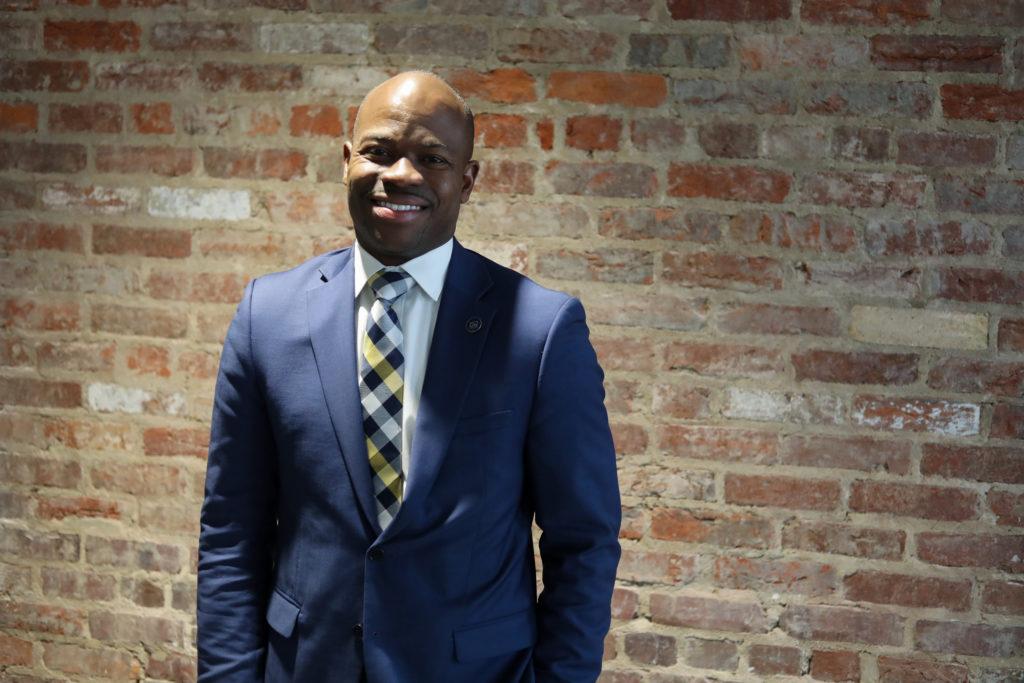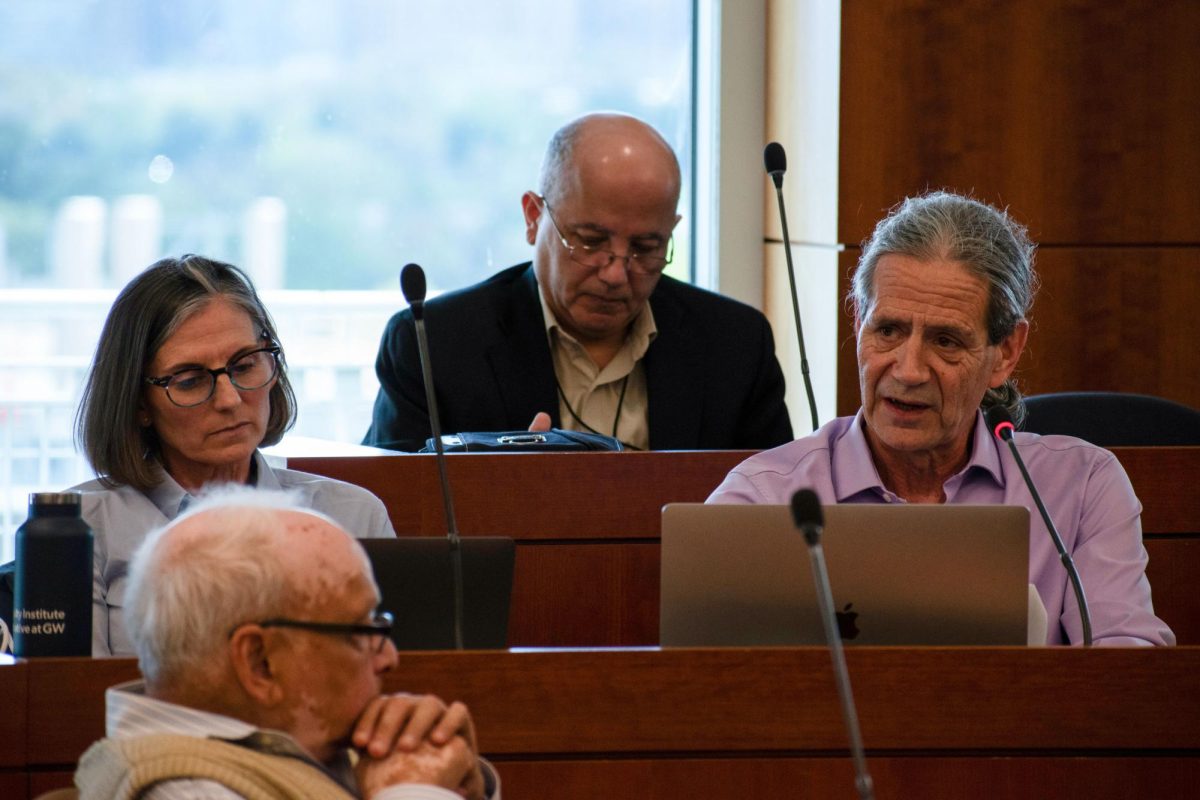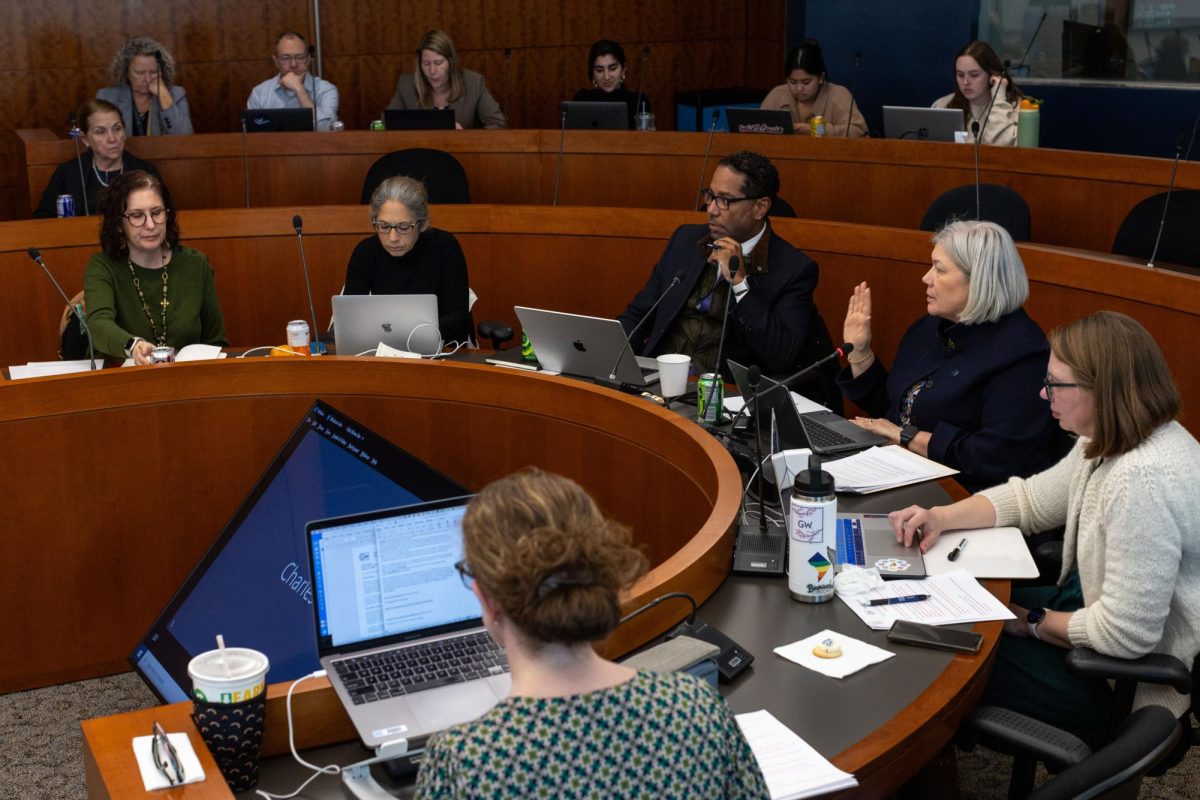Officials said the majority of undergraduate and graduate students support adopting Pass/No Pass or Credit/No Credit policies this fall.
University spokesperson Crystal Nosal said 96 percent of undergraduate students and 82 percent of graduate students indicated support for the respective policies in a survey sent out two weeks ago. She said if the pass/fail or Credit/No Credit policy were to be implemented this fall, the parameters for students to select that option would need to change from its implementation last semester, when anyone could opt out of a letter grade.
“Even with your successes in online learning, we understand that you are facing challenges during this unprecedented time, and we want you to know that we are always here to support you and listen to your thoughts about how the semester is progressing,” Provost Brian Blake said in an email to students about the pass/fail policy.
Nosal said officials have received “hundreds of responses” to the surveys that were sent out last month. She said officials have considered whether implementing the pass/fail or Credit/No Credit policy this fall will address the challenges to “good academic performance” during the COVID-19 pandemic.
“The conditions and course preparation leading up to the remote fall semester were different than the course preparation that took place in the middle of the spring semester, when we went remote very suddenly,” Nosal said in an email.
She added that more than 300 professors took part in workshops to help them navigate technology over the summer, and administrators have implemented “significant software and technology enhancements” to improve online learning.
Following the move to online classes in March, officials implemented an optional pass/fail policy for undergraduate students. Faculty said they did not change how they conducted classes despite the switch to remote learning.
GW Law officials announced in March that law students would take all their courses for the spring semester on a Credit/No Credit grading scale, with a notation placed on transcripts indicating that administrators made the decision for public health reasons. Nosal said School of Medicine and Health Sciences officials continued to assign letter grades.
She said more than half of all undergraduates and nearly a third of all graduate students took at least one class as pass/fail or Credit/No Credit in the spring.
Nosal added that policies like undergraduate academic forgiveness, incomplete grades and leaves of absence are available to assist students who are concerned about course performance.
“There is agreement among the provost, deans and faculty that faculty should continue to be mindful of the continuing difficulties presented by the coronavirus, taking care to be flexible, supportive and understanding in working with students who want to remove a grade, request additional time to satisfy course requirements or take a leave of absence,” Nosal said.
Nosal said there might be “longer-term implications” for students who have transcripts with multiple semesters of binary grades because regular letter grades are traditionally required for competitive graduate programs, graduate funding opportunities and certain internships.
“We have also heard from schools and colleges that the student experience in courses sometimes was negatively affected due to students who had chosen P/NP CR/NC putting in less effort, which became especially noticeable in group projects,” she said.
Nosal said schools and colleges have communicated that there are “potential challenges to equity” and complications with the implementation of the pass/fail and Credit/No Credit policy this year that could lead to “inconsistencies” across programs and grading scales.
She said if officials decide to implement the policy this semester, they would face a logistical question of when GW would revert back to its normal grading policy.
Students launched a petition last week urging officials to extend the pass/fail policy to the fall semester due to the “tremendous challenges” students have faced this year. The petition, which has garnered more than 300 signatures, states that the policy would allow accommodations to be made during “unprecedented times.”
Higher education experts said if the pass/fail policy is implemented this semester, it should be adjusted to address the varying circumstances students are facing this fall.
Ann Marcus, a professor of higher education and the director of the Steinhardt Institute of Higher Education Policy at New York University, said the transition to online classes last spring saw “abrupt and often dramatic dislocation” for students who were forced to move out on short notice and faculty who were forced to teach online for the first time.
“At that point, there was a significant movement to say that all courses should become pass/fail for everyone,” Marcus said in an email.
She said regardless of the policies and procedures that will be implemented for students’ grades this semester, most students will not benefit from having “a few of pass/fails” on their transcripts for purposes like graduate school.
“I would favor a compromise – relaxing deadlines with the understanding that life is definitely more challenging but not going as far as you did last spring,” Marcus said.
Maximilian Schuster, an assistant professor of practice in the Department of Education Foundations, Organizations and Policy at the University of Pittsburgh, said while the letter grade system offers specific comments on a student’s performance in a class, the pass/fail system doesn’t provide students with the same individual feedback.
“As I think about the fall semester and knowing that every student is going to be in unique and different circumstances based on where they are situated, I don’t know if taking a one-size-fits-all approach is necessarily the best course of action forward,” Schuster said.








